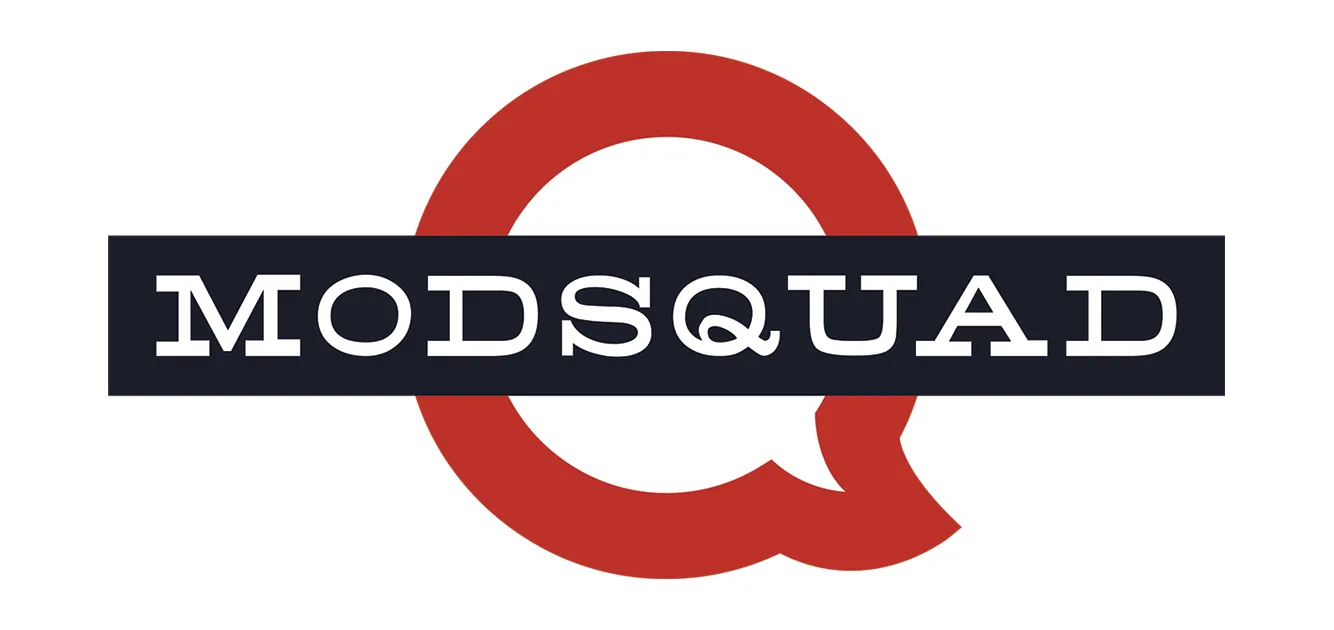
What’s the big deal about Cyberbullying?
 Cyberbullying is the use of digital communications, such as the internet or cell phones, to harass or intimidate another person, with the intent of causing fear, anger, or sadness. Bullying is done in person, for the same reasons, and often has a physical component.
Cyberbullying is the use of digital communications, such as the internet or cell phones, to harass or intimidate another person, with the intent of causing fear, anger, or sadness. Bullying is done in person, for the same reasons, and often has a physical component.
In one of my community & moderation projects for Metaverse Mod Squad, I often see the results of both bullying and cyberbullying. Teenagers and young adults share openly about the pain and humiliation they’ve suffered, and the lasting scars it leaves.
 We all probably remember what it feels like to be singled out for some abuse. Is there a single person who has never experienced this? I highly doubt it. I wasn’t brutalized, by any means, but I was the short kid, and had a last name (Hammer) that drew remarks. However, my worst incidents of bullying actually happened at the hands of a teacher who didn’t like me. I was in third grade, and to this day, the sting and humiliation remain.
We all probably remember what it feels like to be singled out for some abuse. Is there a single person who has never experienced this? I highly doubt it. I wasn’t brutalized, by any means, but I was the short kid, and had a last name (Hammer) that drew remarks. However, my worst incidents of bullying actually happened at the hands of a teacher who didn’t like me. I was in third grade, and to this day, the sting and humiliation remain.
There are several reasons why cyberbullying can “feel worse” than in-person bullying for the victim.
- The source is unclear. It might come from random Twitter handles, unknown Facebook accounts, or unrecognized cell phone numbers.
- It’s meaner. People will use crueler words when they feel anonymous. In person, they might tell your child to shut up, but anonymously, they’ll tell your child to drink bleach and die.
- It spreads so quickly. So many people can see a social media post instantly, and technology makes it so quickly to share it all. It feels like everyone knows, because it’s possible for everyone to see.
- It doesn’t end. In-person bullying ends when you go home from school, or when you’re no longer “in-person.” Cyberbullying can happen at night, on weekends, on holidays, or while you’re away on vacation.
Is it possible that kids are just meaner now, and it’s not really cyberbullying? Well, yes, that’s possible. Things like “ur so lame” and “i hate ur music so much” are common, and really aren’t bullying. They’re just sort of impolite words. The difference seems to be in the person’s intent, and how often it happens. If the person uses digital means to repeat cruel words and actions many, many times, even over the course of days or weeks, with the intention of causing someone to be upset, scared, or intimidated, it’s cyberbullying.
What do we do about it?
This week, in the town where I live, a mother became very frustrated about people bullying her sophomore son. She posted a message on Facebook that said, “And they asked why do people shoot up schools, well this is exactly why and when our son does it cause I know he will have nobody to blame but the administration and I promise everyone he will only get the ones that caused this. He is an excellent marks men.” Here’s a tip, folks: This is NOT the best way to handle it.
For older kids, it can be more difficult. They’re beginning to feel like they should deal with their own problems, and don’t want the stigma of being someone who goes running to their parents when someone bothers them. Parents can help by being present and available for their teens, and by occasionally bringing up the subject to provide opportunities for discussion.
All kids should be taught that they should block anyone who is harassing them, without responding or retaliating, and that if the messages are threatening or if they continue, they should save them, by taking screen shots or printing the messages. And most importantly, they should talk to you about it — with your reassurances that you won’t freak out and do something that makes it worse.
If the situation is happening in an online game, it should be reported (by your child), using the tools provided. The best scenario, of course, is that your child uses a game that utilizes actual human moderators, such as the good folks of Metaverse Mod Squad. Michelle Ramage is Metaverse’s project manager for a large, sports-related kid’s virtual world. According to Michelle, their problems mostly concern general “mean talk” or harassment. Says Michelle, “Any player who is found to be repeatedly harassing another player has their account suspended. We just don’t tolerate it….”
If the situation involves someone the child knows, and blocking the bully hasn’t ended it, you may need to take additional steps. This is where you’ll be glad that you saved the messages. You can report the person to the social media site where it is occurring. If the messages contain threats of harm, sexually explicit words or photos, hate speech, or reach the level of stalking, you should report it to the police. Additionally, many schools have a policy about things outside of school that lead to disruption inside school. Since cyberbullying can often lead to in-person, physical bullying, you may want to report it to the school, as well.
So, parents, stay strong. Talk about these things, and more importantly, LISTEN. Think before you take action. Seek advice from level-headed friends. It really does get better.
Susie South
Chief Moderator

